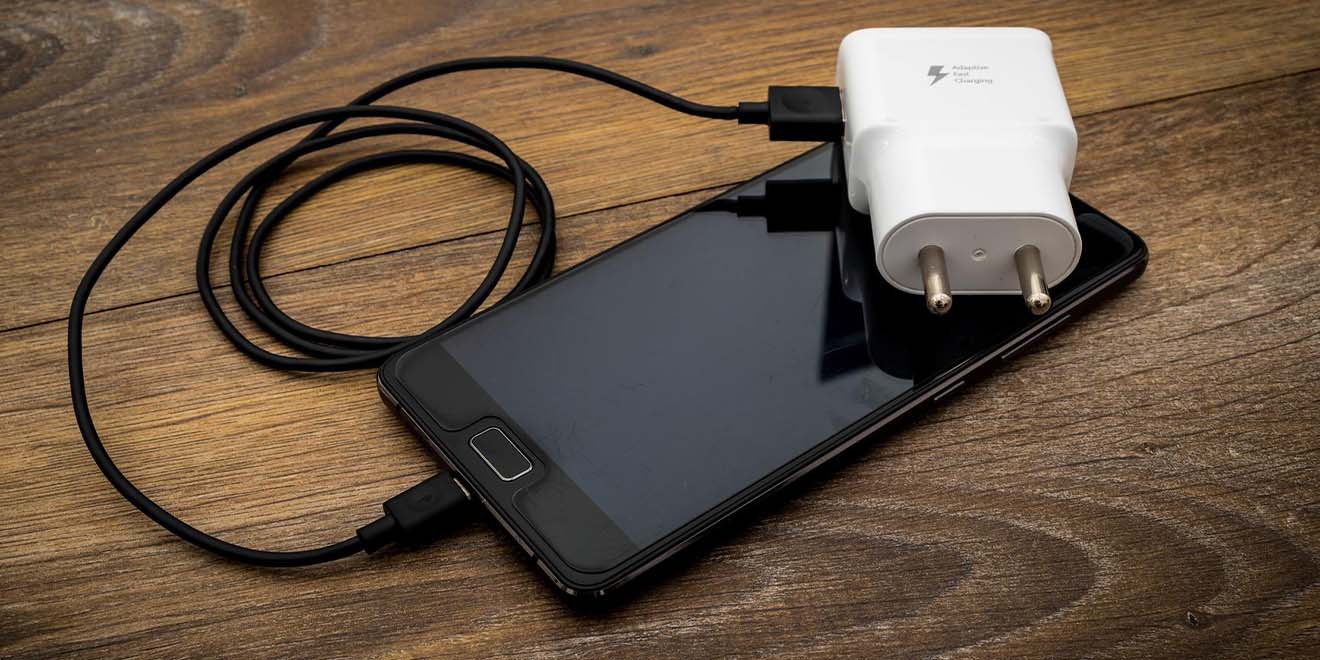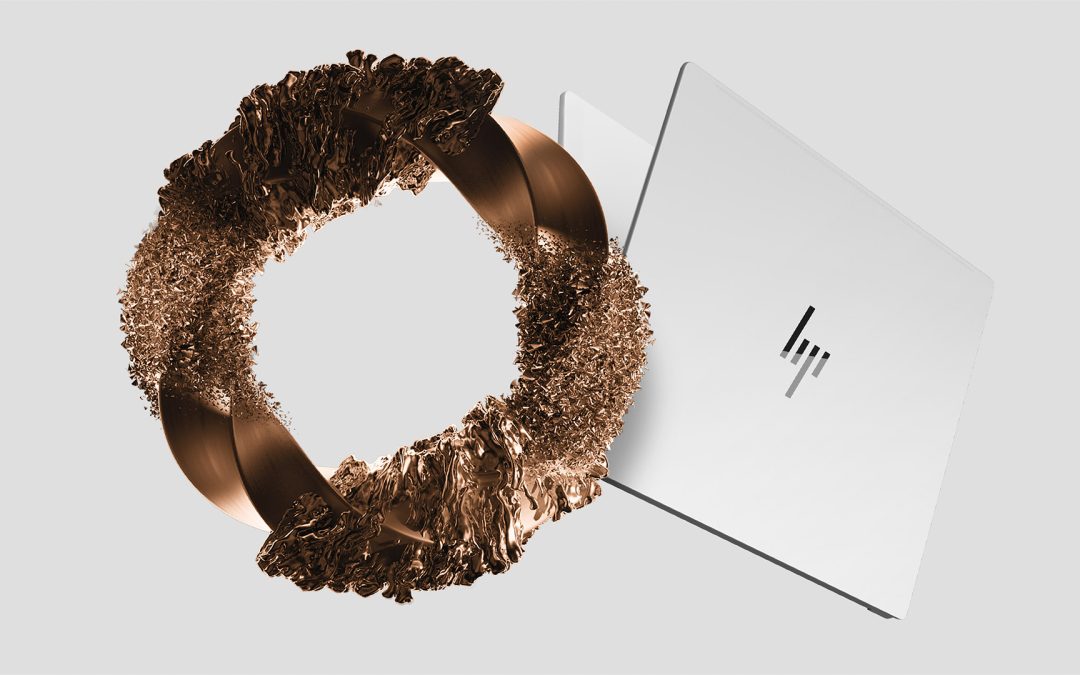The Council and the European Parliament have reached a provisional political agreement on the proposal for a directive introducing a common charger.
The aim of the directive is to introduce a common charging port for a whole range of electronic devices. Having a common charger will improve consumer convenience by harmonising charging interfaces and fast charging technology and will reduce electronic waste.
The new rules
The directive will make a USB-C charging port mandatory for a whole range of electronic devices. This will mean that all devices can be charged using the same charger.
So that every consumer knows exactly what they are buying, the co-legislators have decided to include a pictogram specifying whether a new device comes with a charger, and a label indicating the charging performance.
The directive also aims to systematically allow consumers to choose whether to purchase a new device with or without a charger. This will reduce the electronic waste associated with the production, transportation and disposal of chargers.
Four years after the directive enters into force, the Commission will evaluate whether this unbundling of sales should be made mandatory. The new rules will have to be implemented for most devices 24 months after the entry into force of the directive.
The new rules will apply to a wide range of electronic devices:
- mobile phones
- tablets and e-readers
- digital cameras and video game consoles
- headphones, earbuds and portable loudspeakers
- wireless mice and keyboards
- portable navigation systems
In addition, all laptops will also be covered by the new rules 40 months following the date of application of the directive.
More and more consumers are using wireless charging, which is not yet harmonised across devices. To enable this technology to develop on the market for more devices, the Commission said it will work on harmonising wireless charging for electronic devices and on interoperability based on technological developments.
The provisional agreement reached on 7 June is subject to approval by the Council and the European Parliament.
From the Council’s side, the provisional political agreement is subject to approval by the Permanent Representatives Committee (Coreper), before going through the formal steps of the adoption procedure.
Our take on this: This is really good news, but, yes there is always a but, not every USB-C cable works with every charger and device as we discovered recently and are €25 poorer for the experience. Universal “cable integrity” needs to be identical so that all chargers work with all devices.




















